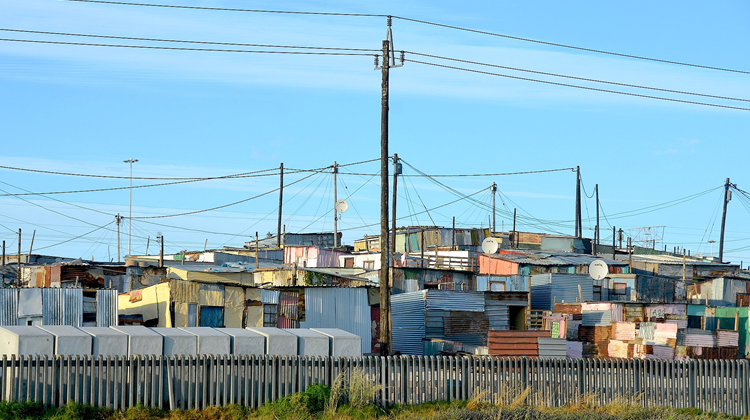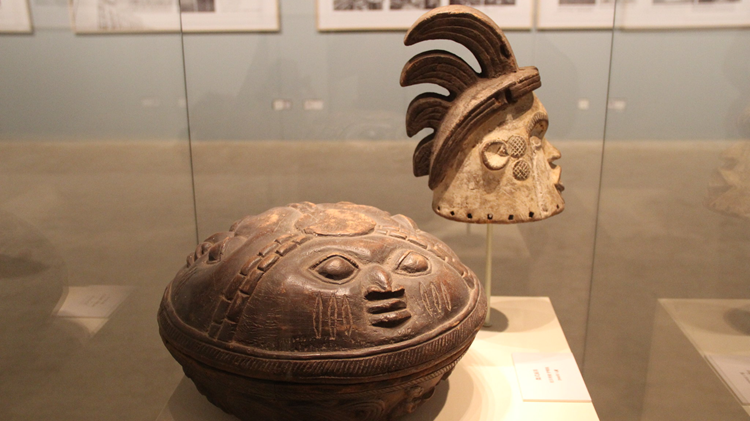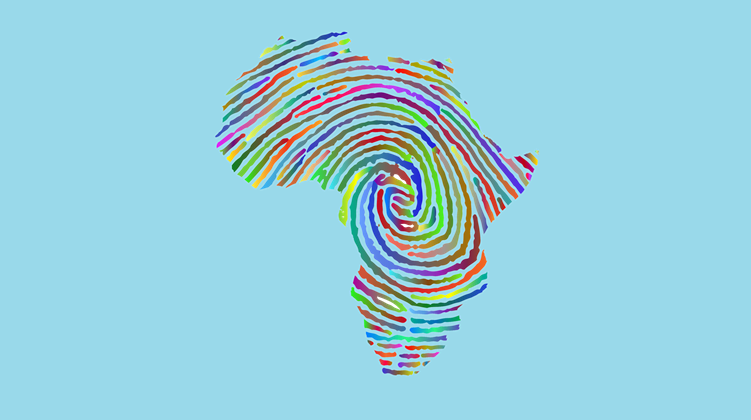Africa’s golden resurgence

How a renewed focus on gold can redefine Africa’s monetary autonomy in a multipolar world
Africa accounts for more than 25% of the world’s gold production, making it the largest regional producer globally (Figure 1). Ghana leads the continent and ranks sixth globally. This status highlights both the scale of Africa’s gold endowment and its strategic relevance in global gold markets.
However, Africa’s dominance in gold production contrasts sharply with its marginal role in global gold reserves. The continent owns only 2% of the world’s official reserves, while the United States (US) alone holds about a quarter. Germany follows with roughly 10%, while Italy, France, Russia and China each maintain around 7%. In total, more than 80% of global gold reserves are concentrated in just six countries, underscoring a deep structural imbalance between where gold is mined and where it is ultimately held as wealth.
Africa produces over 25% of the world's gold, yet it holds only 2% of gold reserves
This imbalance reflects the enduring pattern of Africa’s gold being exported largely as unrefined ore, perpetuating the structural gap between its resource wealth and its limited financial autonomy. The main challenge is to reframe gold not merely as a tradable commodity but as a strategic asset and a foundation of wealth and economic resilience.
Hence, central banks across the continent are implementing deliberate strategies to accumulate gold reserves. In 2024, Ghana and Burkina Faso inaugurated their first commercial gold refineries, a strategic move to bolster national reserves and stabilise their domestic currencies. In the same year, Zimbabwe launched a gold-backed currency, the ZiG, to rebuild trust and stabilise its currency after years of hyperinflation. In South Africa, the Reserve Bank has diversified its portfolio to include bullion as a hedge against global financial shocks. Collectively, these developments reflect a broader continental reawakening, a return to gold as a cornerstone of monetary sovereignty amid global instability.
For decades, African economies have been tied to external monetary systems dominated by the US dollar, the euro and the pound, leaving them vulnerable to foreign interest-rate fluctuations and policy shifts. However, as the global economy shifts towards de-dollarisation, gold is re-emerging as the ultimate store of value, grounded in trust, stability and intrinsic worth rather than geopolitical influence. For instance, BRICS+ countries are exploring alternative reserve frameworks and cross-border payment systems that bypass the US dollar.
Gold is valued for its permanence and neutrality. Unlike digital currencies or volatile reserves, gold retains value regardless of political cycles or inflationary pressures. In a world where sanctions, financial exclusions and debt traps have become tools of global influence, gold stands as both a bridge to a new financial architecture and an anchor to stabilise economies facing turbulence.
By increasing their gold reserves, African countries gain bargaining power in global trade, finance and investment. When negotiating energy deals, infrastructure partnerships or debt swaps backed by tangible assets such as gold, these countries can approach negotiations with greater credibility. Gold, in essence, buys them a voice, transforming their diplomatic presence into economic influence.
Africa’s long-standing role as a primary exporter of raw gold must now evolve into value retention and financial transformation. Building regional refining capacity and developing bullion banking systems is essential. Ghana’s and Burkina Faso’s establishment of a national gold refinery is a critical step forward, while South Africa’s Rand Refinery could anchor a network of African bullion markets due to its global recognition. By refining and monetising its gold domestically, Africa can transform bullion from an export commodity into a pillar of financial resilience. This shift demands coherent national policies that integrate extraction, refining and reserve management into a unified economic strategy.
Africa’s growing gold reserves also require a unified and coordinated continental policy approach rather than fragmented national efforts. Central to this strategy must be transparency and a strong governance framework, with rigorous auditing, public reporting and citizen communication to ensure that gold serves national and continental development goals rather than elite interests.
A continental gold strategy should be led by the African Union (AU) and supported by institutions like the African Development Bank (AfDB) and Afreximbank. Such a framework would pool part of member states’ reserves into a Pan-African Gold Reserve Mechanism (PAGRM), providing stability for cross-border payments under the African Continental Free Trade Area (AfCFTA) and reducing exposure to external shocks. It would also enable the use of gold-backed development finance, allowing the AfDB and other regional lenders to issue low-risk, asset-backed bonds that fund strategic infrastructure, manufacturing and energy projects.
Gold’s greatest potential lies not in storage but in mobilisation. Governments can leverage gold reserves to finance strategic investments, turning static assets into engines of growth. A gold-linked AfDB bond could finance renewable energy corridors or manufacturing hubs across Africa. Similar instruments have been effective in other economies, for instance, Turkey’s 2022 gold-backed savings accounts helped stabilise household assets, while Russia and China have used gold as collateral in debt restructuring. Africa can adapt these models to link its resource wealth directly to productive development outcomes.
No gold policy can succeed without public trust. Citizens must understand how gold contributes to stability, protects purchasing power and anchors long-term growth. Zimbabwe’s ZiG system serves as a notable example, where public scepticism persists due to a lack of communication about how gold underpins the new currency. This scepticism is also rooted in past experiences of government corruption and dubious monetary reforms. The lesson is clear: monetary reforms can only succeed when people understand and trust the system.
Gold policies must be transparent, people-centred and rooted in public trust
Africa’s growing focus on accumulating gold reserves signifies more than financial prudence; it represents a new economic identity anchored in self-determination. Gold embodies stability and resilience, asserting that Africa’s financial future should no longer be reliant on external forces. If these strategies are implemented through smart and transparent policies, Africa could transform from merely responding to global financial trends to actively shaping them within a multipolar world. The opportunity is evident, but it will not last forever.
Image: Mohamed_hassan/Pixabay
Republication of our Africa Tomorrow articles only with permission. Contact us for any enquiries.






